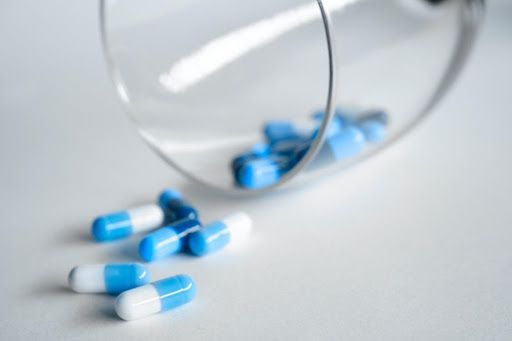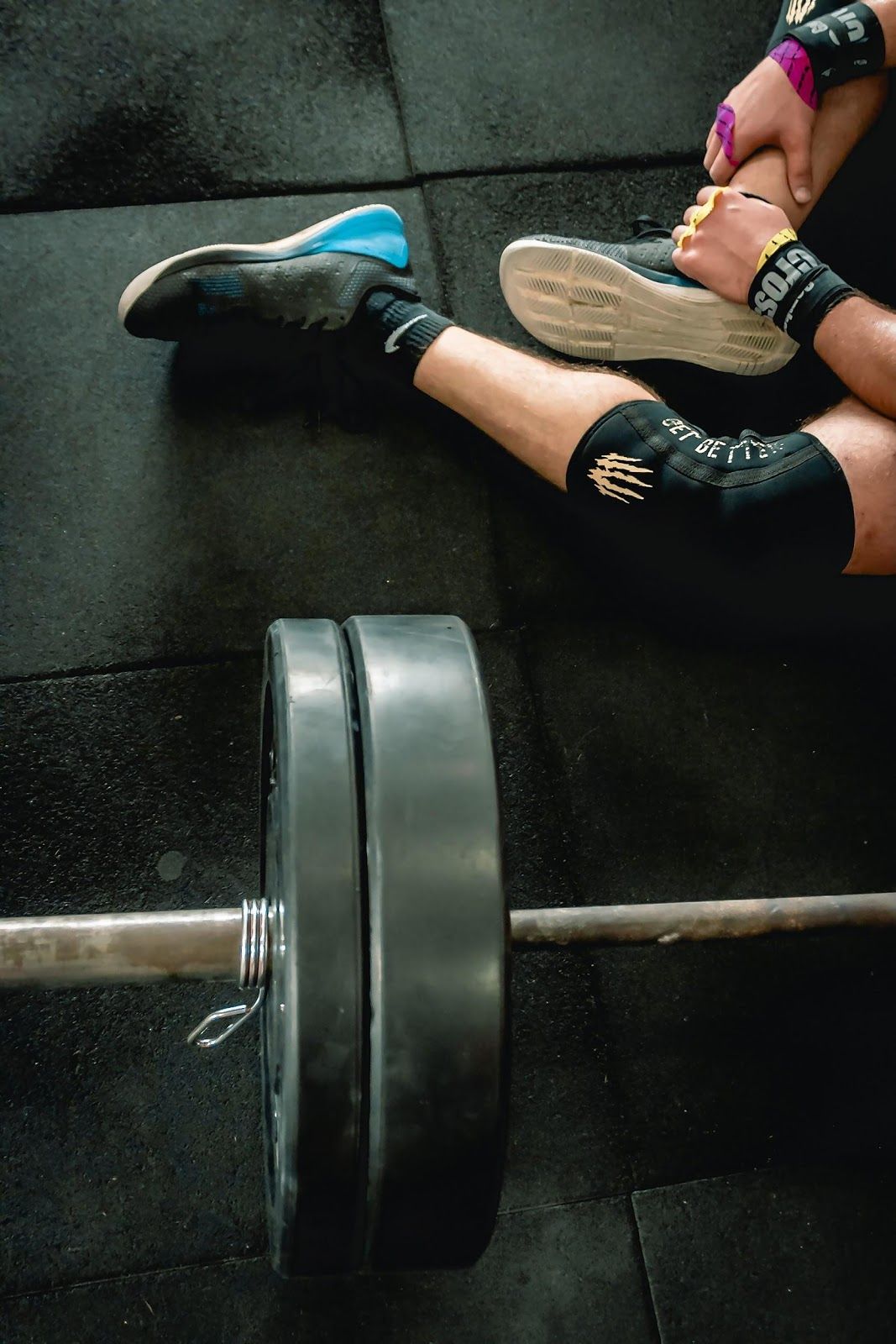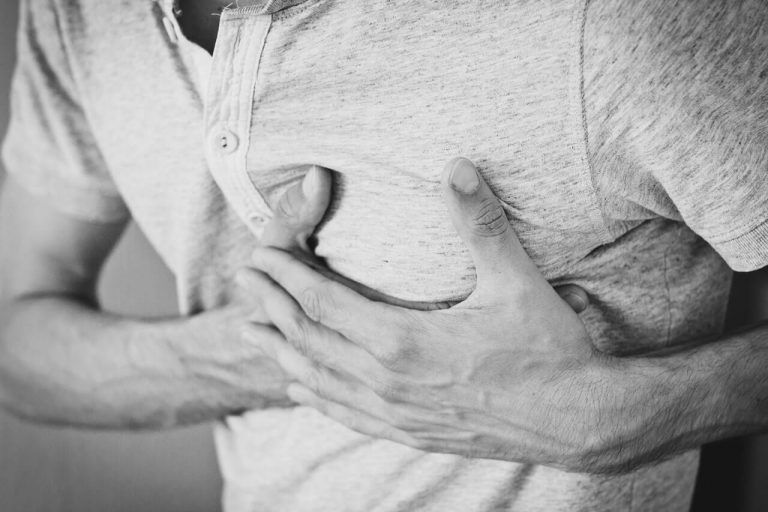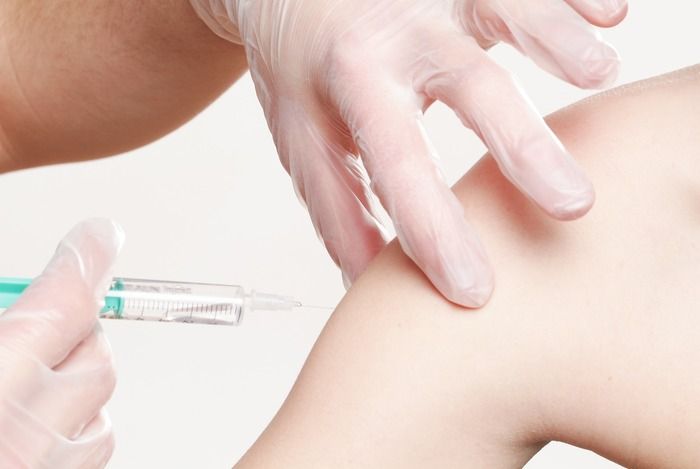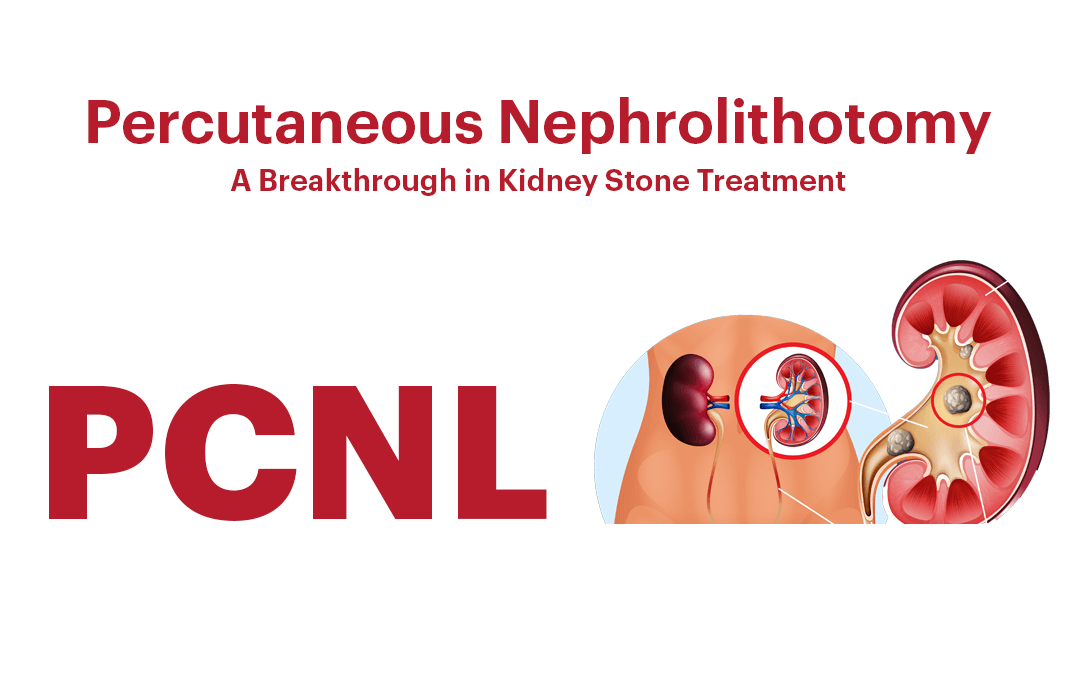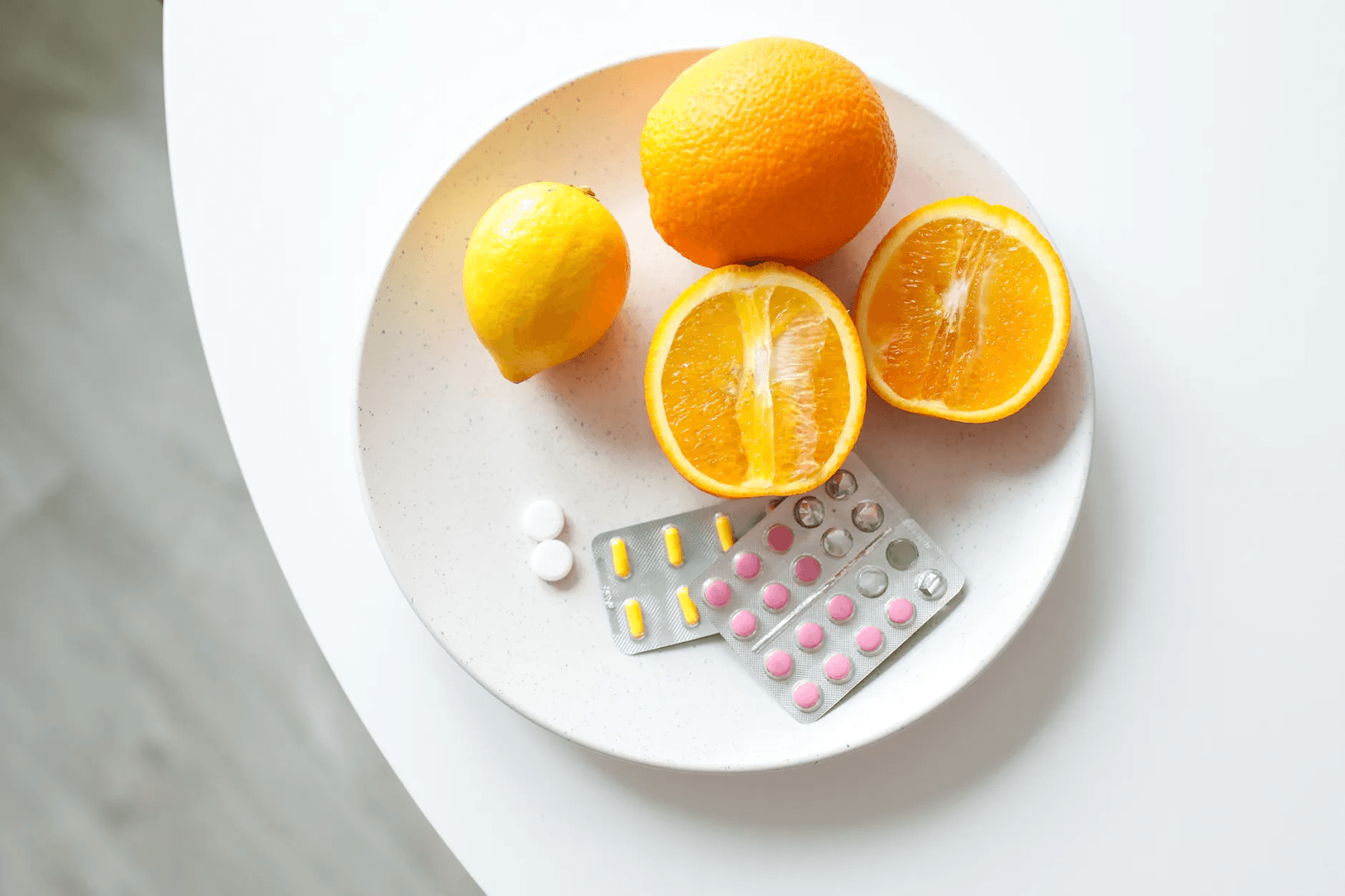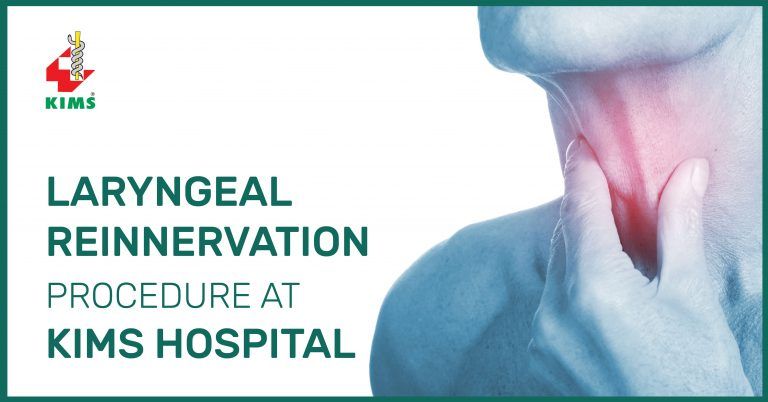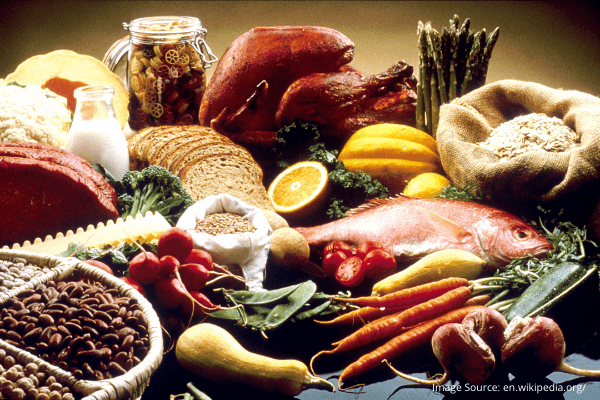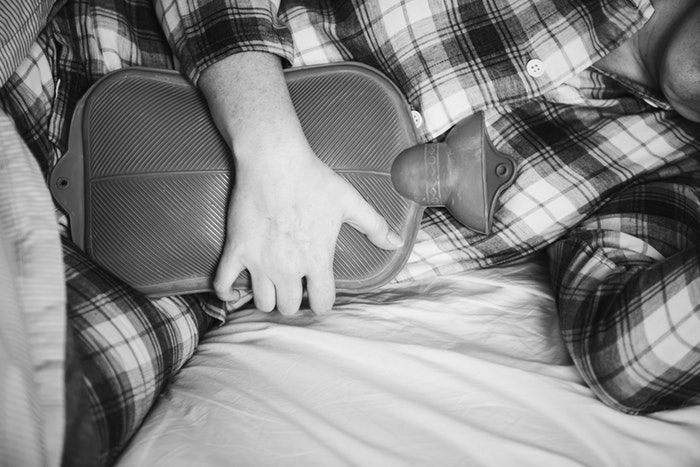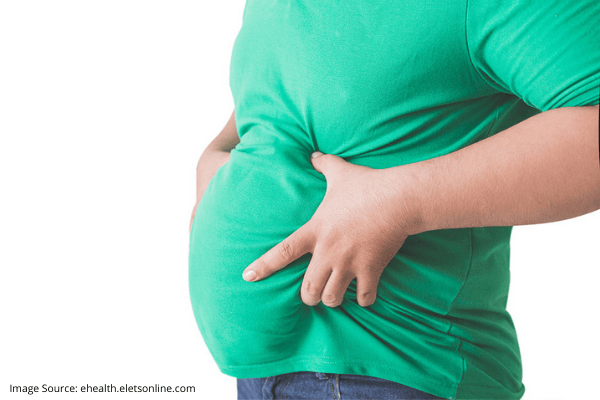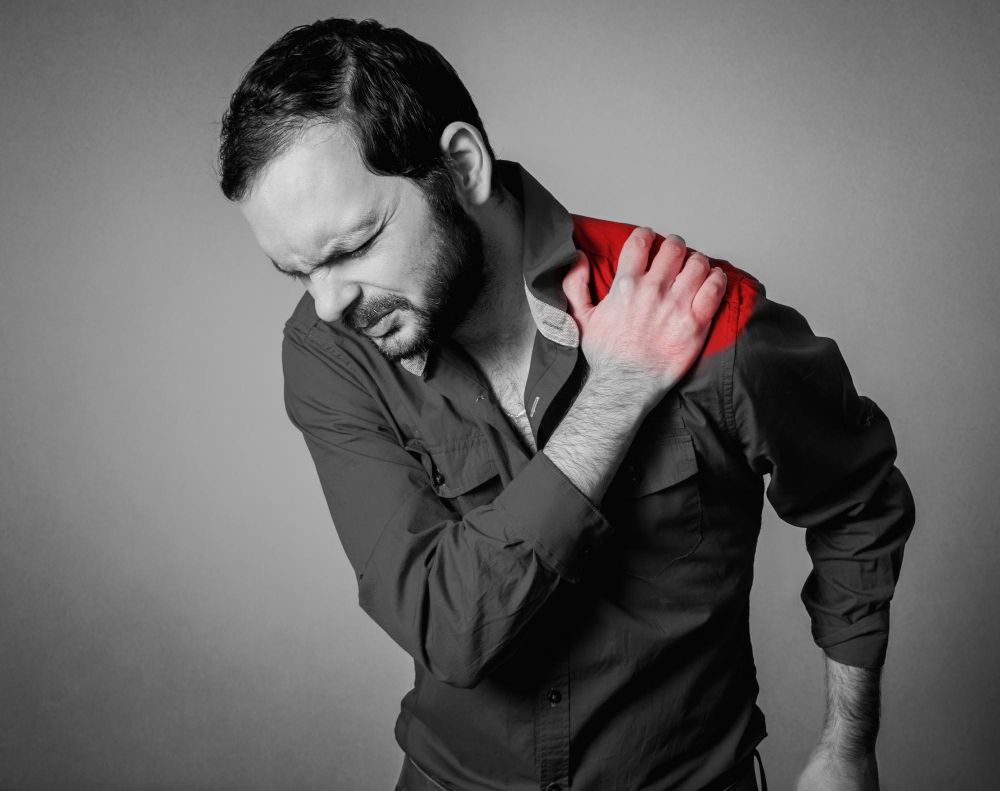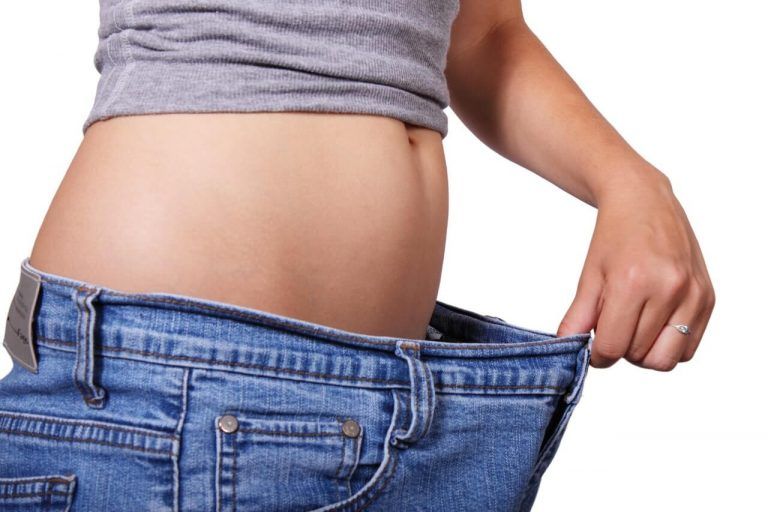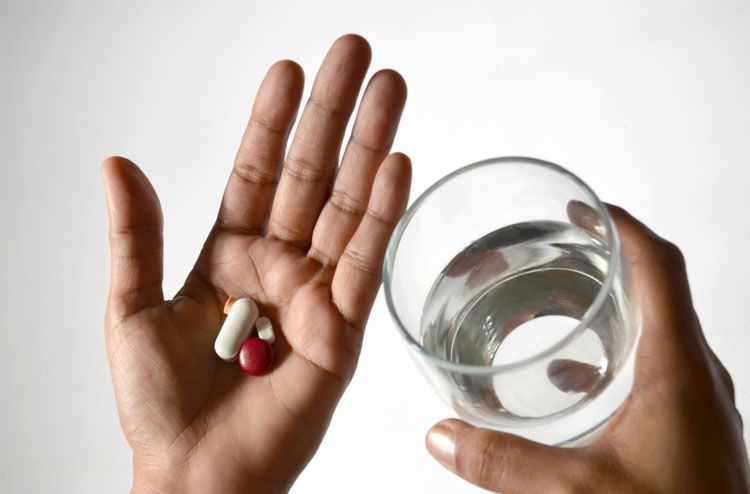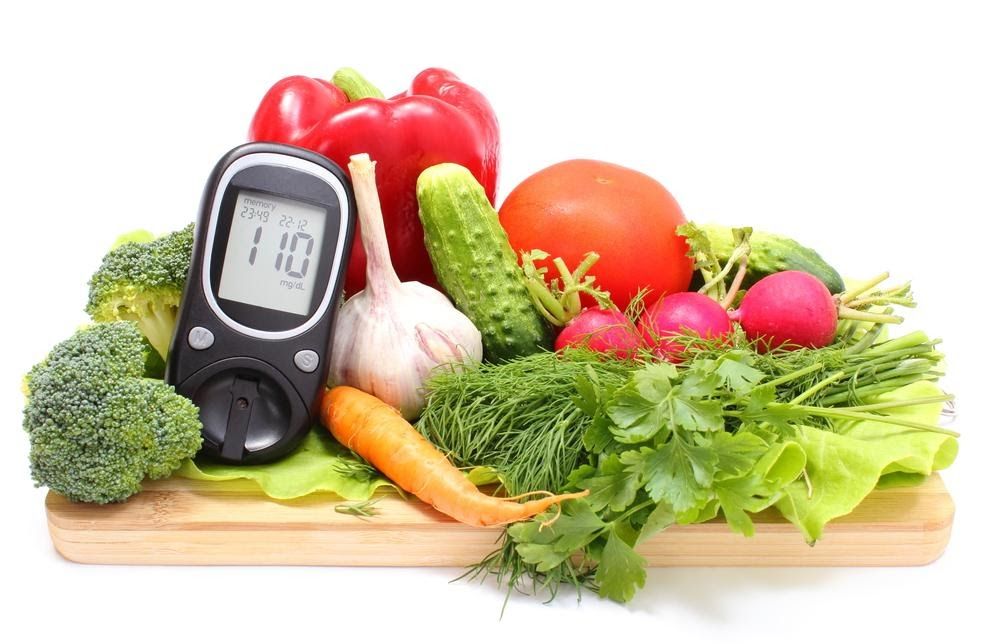Everything You Need to Know About the Placebo Effect Psychology
What are medications for?
The answer is simple - to alleviate the symptoms you are experiencing from the illness. But did you know that many of these medications carry some serious side effects? Wouldn't it be nice if you can reap the benefits without facing the blunt end of its respective side effects? Well, you can do that, and it's called the placebo effect psychology. This piece will try to provide a comprehensive overview of what it means and how it impacts your psychology.
What is it exactly?
Basically, to have a better understanding of this phenomenon. Professor Ted Kaptchuk of Harvard-affiliated Beth Israel Deaconess Medical Center provided an easy explanation - "The placebo effect is more than positive thinking — believing a treatment or procedure will work. It's about creating a stronger connection between the brain and body and how they work together,"
Although placebos won't be working on your cholesterol levels and neither will it shrink your tumor. It works on symptoms that your brain modulates. To that, Kaptchuk added, "They have been shown to be most effective for conditions like pain management, stress-related insomnia, and cancer treatment side effects like fatigue and nausea."
What are the advantages of using Placebo?
One of the major influences that Placebo has over psychological and medical studies is it allows researchers to minimize or eliminate the effect that your expectations have over the outcome. If researchers want to find a specific result, they will insert clues unknowingly which are known as demand characteristics - it leads the participants to anticipate what the researchers are trying to find. This has proven to change participant behavior.
However, to minimize the chances of such changes, researchers often conduct a double-blind study. This is a study where both the participants and the experimenters are oblivious of who's receiving the real or false treatment. By this method, the subtle biases that influence the study are minimized and researchers have a better viewing angle in discovering the effects of the drug and the placebo.
To make it simpler, let's break the process down with an expansive example - you participated in a volunteer program for a study that will conduct the effects of new headache medicine. After you take the pill, you find out that the headache has quickly disappeared. However, you came to know that the medicine you were given was just a sugar pill.
According to an approximate understanding, 30% to 60% of the volunteers feel their pain dissipating after taking a placebo pill. In some studied cases, real medical treatment has benefited patients from the same placebo effect psychology. Researchers have exclaimed that the effectiveness of treatment has positive impacts if the physician recommending it does it under positive undertones.
What exactly causes the placebo effect?
One of the many theories suggests that if you have higher expectations on a pill to work, it's likely that it will. This can be described as a mind-over-matter instance where you believed so strongly that it happened. If the pill you were taking was to fix your headache, then you will be expecting it to work - which means that you had a conditioned response. (A conditioned response happens when you have an acquainted response over a specific stimulus). And, in this case, the stimulus was to take the medicine and feel better afterward.
Another theory suggests that your brain tricks you into believing that the pill is doing its job. In some research, brain scans have found that people given a placebo pill will show the same brain activity as a person given the real treatment.
The only commonality these theories have is the combination of affirmative actions both from you and your doctor leading to a decreased level of stress. Anxiety and stress have adverse effects on your body, and it increases the focus of your symptoms largely. So, a reduction of stress may also reduce your physical symptoms.
How are they used?
Scientists are using a placebo to evaluate the effectiveness real medicines have on people. They are comparing the effects of a placebo to that of real medicine to find if the improvement was mentally induced or due to the active ingredients in the medication.
A 2014 study conducted on migraine patients, concluded that the placebos were still effective even when the patients taking them were aware of taking a placebo. The outcome was quite surprising since the placebo consumption lessened the migraine as opposed to real medicine. The study concluded on the note that 50% of that medicine's effect was because of the placebo effect.
Placebo does offer some of the best alternatives and that too without any side effects. Therefore more researches are being conducted to sort the complexity placebo has over the human brain and neurotransmitters producing the effect. This, perhaps, requires more time but the placebo effect cannot be ruled out as a single phenomenon. So, it is more of an accumulated result due to biochemical, anatomical, and psychological factors. So, now to wrap this once and for all, let’s see what else Kaptchuk had to add - "Even if they know it's not medicine, the action itself can stimulate the brain into thinking the body is being healed."
Ten Effective Remedies That You Can Refer to When You Are Suffering from Muscle Cramps
Finally starting off with the gym life can get too overwhelming until you hit those muscle cramps along with the weights.
ICSI(Intra Cytoplasmic Sperm Injection)
Normally during every mid-menstrual period, one of the 2 ovaries releases an ovum. Each ovum is covered by a membrane called follicle,
Pregnancy and Delivery Care
Nothing could possibly compare to the joy of becoming a parent. After nine long months of waiting, the moment you have been waiting for is almost there:
Some Common Causes of Chest Pain
The first thing that jumps into the mind whenever you have some sort of chest pain is heart attack! It’s only human to feel that way
Organic Food Vs GMO Food: What Should You Pick?
There is no doubt that the quality of food we consume is crucial for our good health. And with more people becoming health conscious the d
Importance of Breastfeeding and Vaccinations for Newborns
Going nature’s way is best when it comes to providing nourishment for the apple of your eye – your baby. Breast milk is best for your baby as it
Percutaneous Nephrolithotomy (PCNL): A Breakthrough in Kidney Stone Treatment
Kidney stones, those small, hard mineral deposits that form in the kidneys, can cause excruciating pain and discomfort.
Skin Tags - Benign Tumor or Cancerous Tumor?
Skin tag if observed is a narrow stalk that hangs about your skin, bulging at the end. They are usually freshly colored and can grow anywhere on your body.
3 Ways Vitamin C is Helpful for the Immune System
The water-soluble vitamin, Vitamin C is also known as ascorbic acid. It is helpful in building up the blood vessels, skins, and making bones stronger
4 Signs of Mental Illness
As life has gotten fast and hectic, different health issues have got introduced lately. Not just physical issues,
4 Ways Night-Shifts Can Be Dangerous For Your Menstruation And Ovulation
A good night's sleep is of value for pregnant women. But with strenuous work-hours and shift work, sleep can quite a luxury for all.
Causes Of Infertility in Women
More and more women are putting off pregnancy till well into their 30’s or early 40’s for career reasons; infertility is fast becoming a major heartbreaking issue for such couples.
Do Not Indulge in These 9 Common Dieting Mistakes
Dieting is not just about eating less or starving yourself to meet unrealistic goals. Healthy dieting involves making informed food choices.
Laryngeal Reiinervation Procedure at KIMS Hospital
Mr. K.P 56-year-old business executive from Bangalore underwent a thyroid surgery two years back.
Learn How Stress Affects Your Heart Health
Stress is a frequent side effect of the modern 21st Century lifestyle. We’re always running around to meet deadlines, pay bills we tend to
Lose Weight: The Healthy Way
Almost everyone we know is worried about the way they look. There are several concerns people have, like their complexion
Myths About Bariatric Surgery
Bariatric surgery – be it the gastric bypass and other weight-loss surgeries – involve making changes to your digestive system to help you lose weight.
Non-alcoholic Fatty Liver Disease: Should You be Worried?
A recent study has found that 1 in 5 people in India suffers from liver disorders. Before you blame it on the increased alcohol consumption
Obesity and its Relation to Type 2 Diabetes
Diabetes is a condition that arises when the body doesn’t produce enough insulin,, hence there is excess glucose in the blood
Rotator Cuff Tear
A rotator cuff tear is a rotator cuff injury that can cause shoulder pain and loss of arm function. The rotator cuff is a set of muscles and tendons in your shoulder.
What Happens to Your Body When You Fast?
Fasting has been practised by humans for thousands of years as a way of rejuvenating the mind, body and soul and as a common ritual of many religions from all over the world
Why You Shouldn’t Consume Medicines with Cold Water
There has been a long-raging debate on the temperature of water needed for consuming medications. You won’t find much as in research papers
10 Tasty Delicious Diabetic-Friendly Recipes
Worry about it no more, as a healthy diabetic diet does not have to be bland. Instead, you can enjoy a myriad of flavorful, low-calorie
4 Not So Common Health Problems in Teenagers
The current generation of teenagers have far more access to technology and gadgets than their parents did.
4 Secrets to Adjusting Your Toddler's Sleep Cycle
Most of the parents, some time or the other, may have faced the trouble of making their toddlers sleep at night.
Related Blogs
Ten Effective Remedies That You Can Refer to When You Are Suffering from Muscle Cramps
Finally starting off with the gym life can get too overwhelming until you hit those muscle cramps along with the weights.
ICSI(Intra Cytoplasmic Sperm Injection)
Normally during every mid-menstrual period, one of the 2 ovaries releases an ovum. Each ovum is covered by a membrane called follicle,


